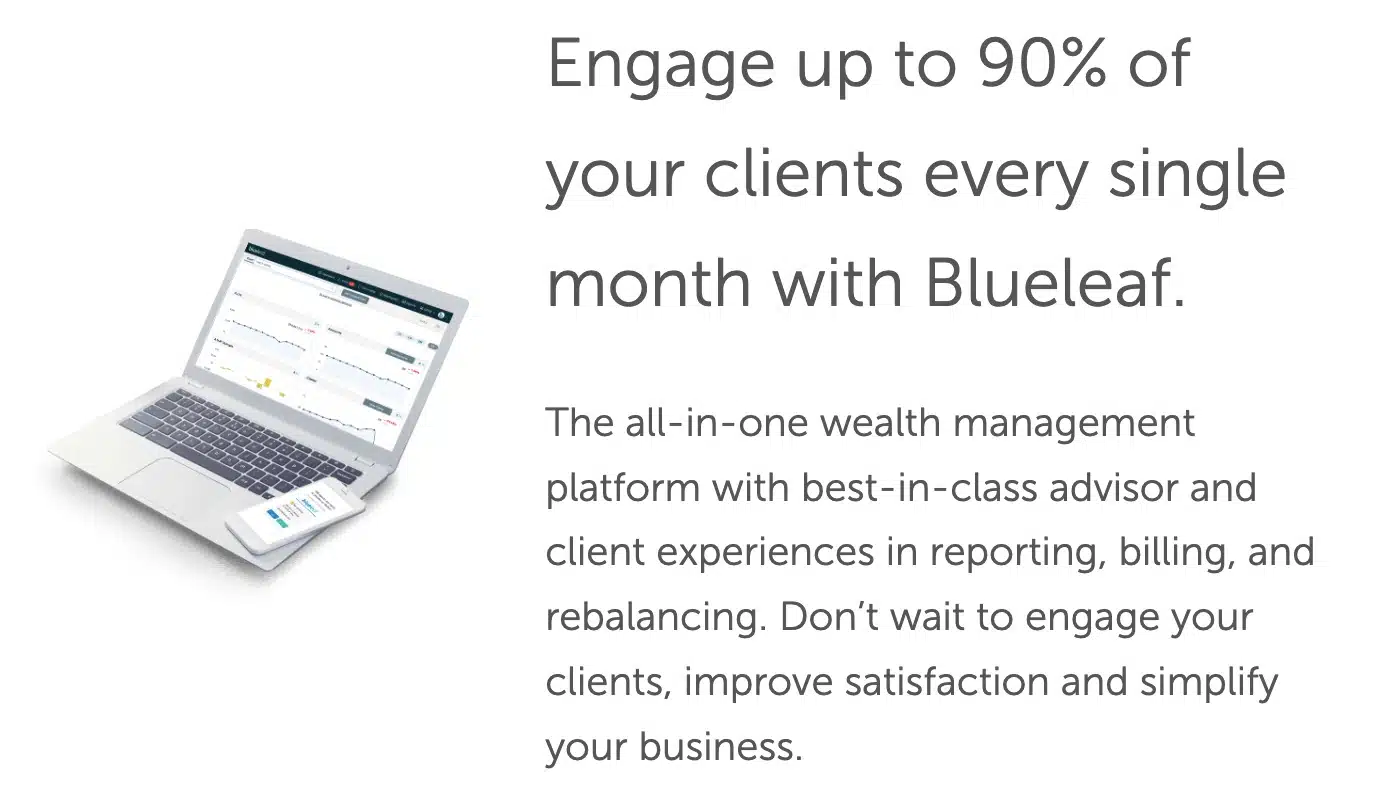Your House Is Not an Asset; It’s an Expense (Content for Financial Advisors)
Use this article as a basis to explain the information to your clients. Feel free to copy and edit as you see fit.
Your primary residence is an expense, not an asset. It’s not as liquid as you think and many people hold onto their homes later or sell earlier than their plan dictates so they can try to time the real estate market. Investment properties or REITs are a better way to have real estate exposure in your overall portfolio.
If you consider the house you live in to be an asset for retirement, you have been quite misled. Few people sell their homes once they hit retirement due to the sentimental value of the property and the comfort of staying put. [1] Selling your home requires moving somewhere else—renting, or using most of the cash you make selling your home to buy a new, cheaper home. Real estate transactions almost always require paying a broker and value is lost: illiquidity makes reselling at the drop of a hat based on a sudden change in investment objectives impossibility. In addition, a home contains a lifetime of memories, not just a market price.
The standard definition of an asset as something that retains value is less applicable to a primary residence, as the standard definition does not take into account the opportunity cost of ownership. By living in your own home, you are essentially paying yourself rent. And that’s perfectly fine; even the American tax code specifically encourages home ownership with the mortgage interest tax deduction. [2]
However, though a home is certainly an asset when thinking about your net worth, when crafting your income statement for retirement, your primary home should reside under the expenses column. In purchasing your home, you’ve prepaid the money you would have spent on rent during retirement, chosen and secured a comfortable place in which to live your life and retire, and locked up a large reserve of capital that you could use or borrow against in the case that your financial situation really goes south.
One thing that purchasing a home does not do is generate retirement income. Your fixed homeownership expenses include mortgage payments, maintenance, taxes, insurance, and utilities, among others. If you live in your home, you will be paying those expenses out of pocket, and the longer you live there, the more money you will spend. If you have tenants in your home covering all fixed expenses plus generating you income each month, your home then becomes an asset. For retirement purposes, an asset is something that generates cash flow. Your thinking shouldn’t stop at Social Security and your IRA, but it also shouldn’t start with your primary residence.

To supplement your nest egg with real estate, you are better off purchasing a second home as a rental property. Real estate can be a wonderful source of income in retirement age if monthly fixed rate mortgage payments can be covered by tenant rent with $200-$1,000 or more left over. Becoming a landlord is can be neither physically nor time intensive and you can often hire an outside property manager for a reasonable fee. Becoming a landlord merely requires substantial forward thought and research on investment property mortgage interest rates (usually a few percentage points higher than residential property rates) and rental prices in the area. Landlords are also advised to have six months’ rent in cash on hand, as finding tenants willing to pay a reasonable price for rent may take some time.
You also don’t need to make a profit immediately to make the purchase of an income-producing property worthwhile. Just as the increasing length or your retirement years makes saving enough money for 30 of comfortable retirement difficult, it also lengthens your time horizon purchasing, maintaining, and profiting from a rental property.
Real estate is a great asset class that provides reasonable preservation of principal and can provide a stable source of income. However, counting on flipping your primary residence and unlocking value is more risky than it appears at first glance; live in your home because it’s comfortable, not because you intend to flip it at a profit.
[1] http://finance.yahoo.com/focus-retirement/article/109956/reverse-mortgages-now-a-less-costly-lifeline?mod=fidelity-livingretirement [2] http://www.gao.gov/new.items/d09769.pdf